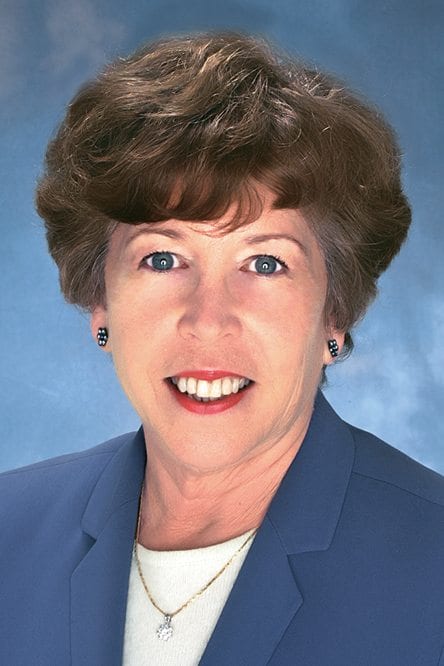
For the parents and families watching over an individual with special needs, elopement is not a romantically-associated word—it is downright frightening.
Elopement is a medical term used to describe a situation in which a person who is cognitively, physically or mentally impaired, wanders off or runs away. Individuals diagnosed with autism have a higher risk of wandering off. The likelihood also increases for seniors with Alzheimer’s and other memory impairments. And, there is a serious risk of injury and death when an individual who lacks the ability to socially interact or communicate elopes to an unsafe environment.
For this reason, I am passionate about promoting the Special Needs Registry to the community. The Special Needs Registry is available online at santa-clarita.com/SNR. It is a free safety tool for residents maintained by the City of Santa Clarita, the Community and Law Enforcement Aware Response (CLEAR) initiative and the Santa Clarita Valley Sheriff’s Station.
The information stored in the registry is confidential and only accessible by sheriff’s deputies. By registering your loved one with special needs, you are providing sheriff’s deputies with essential information in advance of an emergency.
A person of any age, with any kind of special needs or disability, can be registered if they live an area served by the Santa Clarita Valley Sheriff’s Station. The tool allows guardians to upload vital information to the registry which can help a sheriff’s deputy during an emergency, including the family member’s name, photograph, address, emergency contact, medical diagnosis and suggestions on how to approach the individual.
The registry provides sheriff’s deputies with real-time information securely stored in the cloud making it accessible from anywhere with an internet connection. Sheriff’s deputies can quickly generate a missing person’s flyer and share it with the community via social media and the city’s Nixle public safety notification system.
Residents who register with the Special Needs Registry receive two laminated registry identification cards at no charge – one for the caretaker and one for the registered person. The card can let the deputies know who is in the registry and includes vital information such as behavioral descriptions and the main emergency contact.
In one case, when a non-verbal autistic teenage girl went missing from home, deputies used the Special Needs Registry to locate her at her favorite store, which was listed in the registry as one of her frequently visited places.
On average, the Special Needs Registry saves sheriff’s deputies three hours of internal administrative work typically required to obtain a photo from the family, drive to the station, create and make copies of a missing person’s flyer and then distribute to search units. Having this information readily available alleviates the challenge of coordinating with individuals while they are dealing with the stress of a missing family member.
I first learned of this program several years ago, while a member of the League of California Cities Community Services Policy Committee when it was just an idea. I am proud that the City of Santa Clarita is one of the first cities to design a program like the Special Needs Registry which improves non-disaster interactions between deputies and the special needs community. Last year, the Special Needs Registry was recognized by the League of California Cities with a prestigious 2016 Helen Putnam Award for Excellence in Public Safety.
The Special Needs Registry is a valuable and life-saving tool. If you care for an individual with special needs, such as Down syndrome, epilepsy or bipolar disorder, I strongly encourage you to register them. The registry saves precious moments when there are none to spare during a missing persons search.
For more information on the Special Needs Registry, please visit santa-clarita.com/SNR.
Marsha McLean is a member of the Santa Clarita City Council and can be reached at: [email protected].












